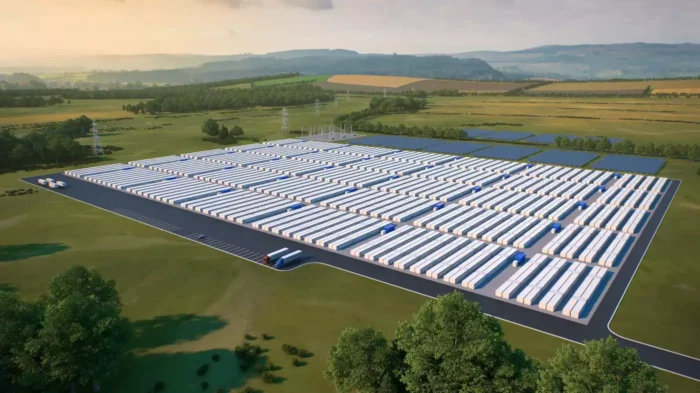Your browser doesn’t support audio playback.
A new report says the wastewater generated by hydraulic fracturing for oil and natural gas contains something valuable.
Fracking in Appalachia produces a lot of polluted water. But also, as it turns out, lithium.
That’s what a report from the National Energy Technology Laboratory found.
Lithium is a key ingredient in batteries, and a boom in electric vehicle manufacturing and storage for renewable energy means it’s in high demand.
“The drilling boom in Appalachia created large volumes of produced water that is considered a waste,” said Justin Mackey, the project’s lead investigator. “We found that this fluid is significantly enriched with lithium compared to produced water from other shale formations.”
The laboratory concludes that Pennsylvania’s shale wells alone could provide as much as 40 percent of the nation’s lithium supply.
Researchers say the reason the Appalachian Basin has a higher lithium content than other oil and gas fields is because of layers of volcanic ash.
The report says 95 percent of the wastewater generated by fracking is reinjected into wells.
Harvesting the lithium could help reduce the disposal costs for the wastewater, it concludes.
